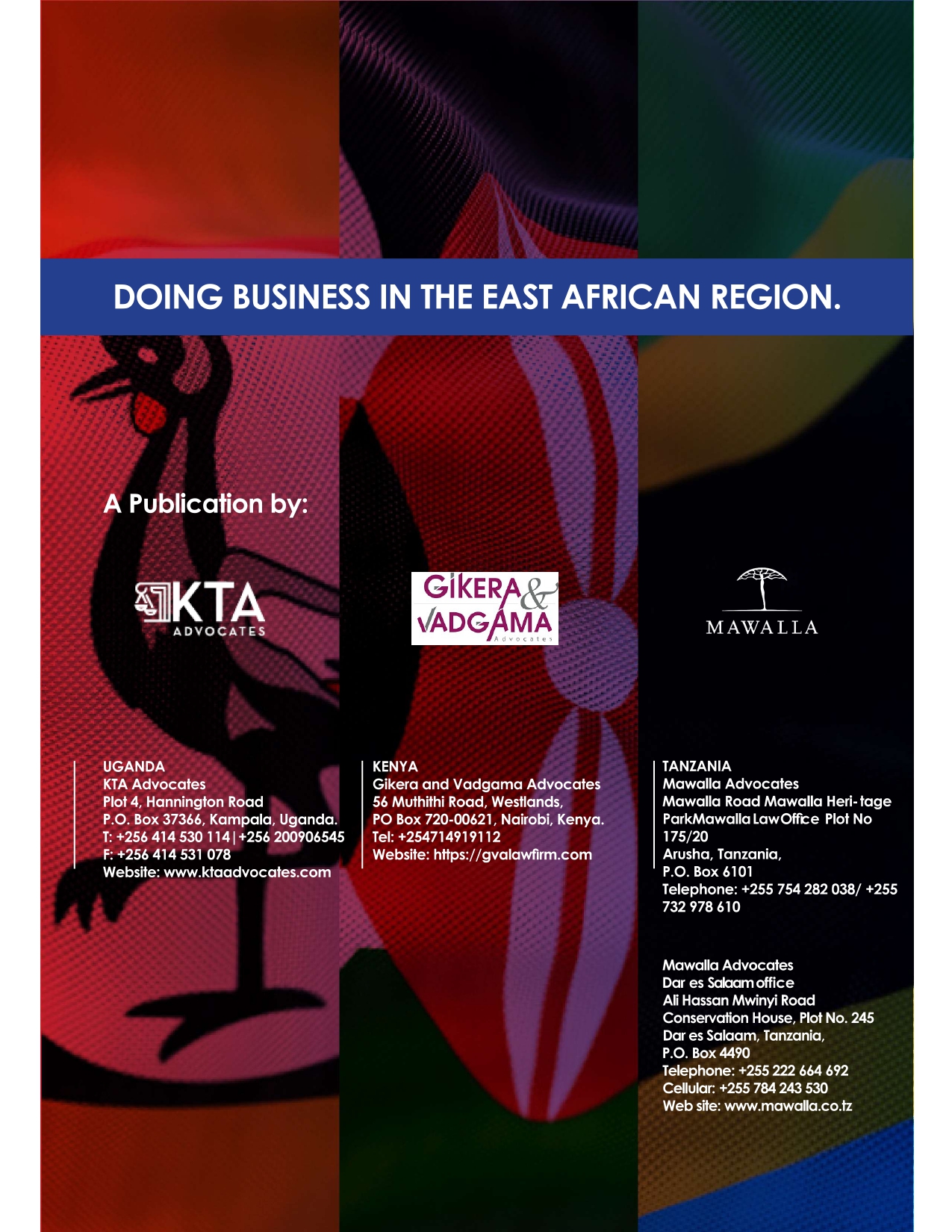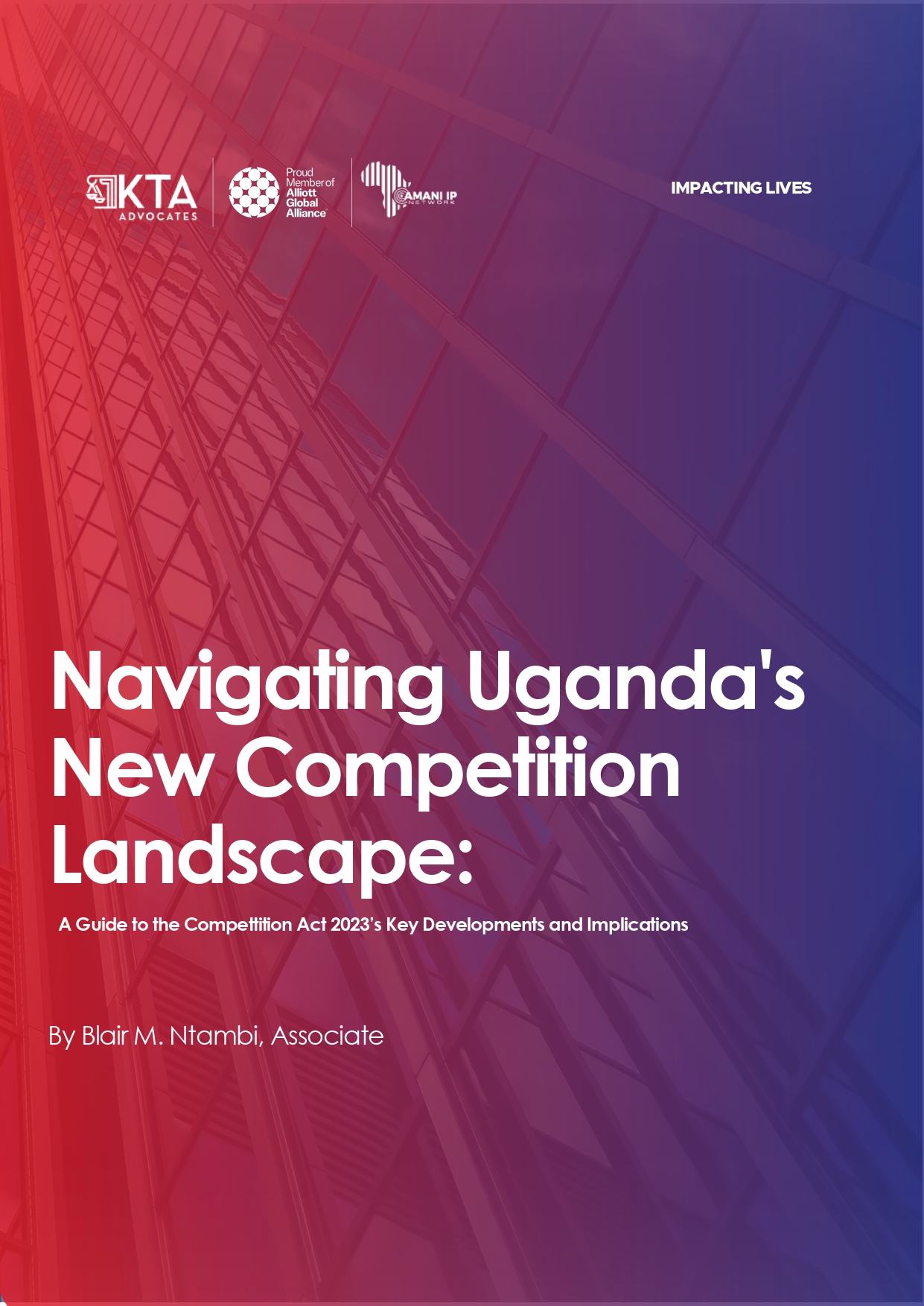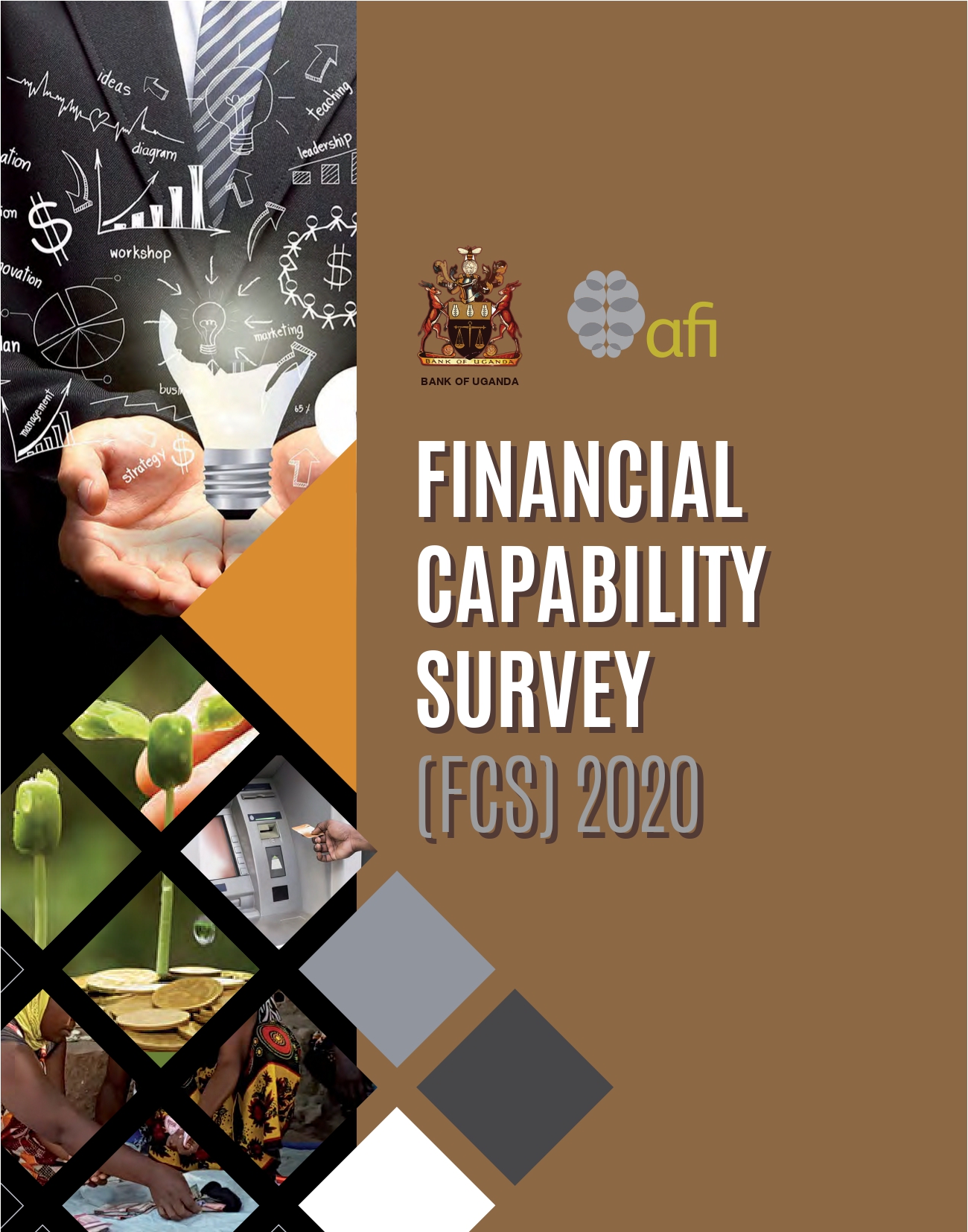It would seem that Al Hajji Nasser Ntege Ssebagala’s woes have now evolved beyond Politics. The witty politician has lost a case he filed against MTN Uganda (and SMS Media added as a third party). Ssebagala claimed to have copyright in sound recordings of him answering questions put to him by journalists, following the proceedings of the parliamentary vetting committee after his ministerial appointment as Minister without portfolio.
Sound recordings of Ssebagala’s comical answers which became News of the day immediately gained popularity and were made available for download by SMS Media to MTN mobile customers as ring tones/caller tunes.
MTN and SMS Media successfully claimed that Ssebagala did not have any copyright in the recordings contending instead that the copyright belonged to SMS Media, that had produced and reduced Ssebagala’s statements into material form. Further, that the skill and originality employed into making the recordings gave SMS media exclusive moral and economic rights to the recordings.
The issue of whether there is copyright in spontaneous speeches delivered orally has until now been a grey area in Uganda copyright law. The Copyright and Neighbouring Rights Act, 2006 only provides for copyright in speeches that have previously been reduced into material form and then delivered in public.
In this case, Ssebagala had spontaneously answered questions in his interaction with journalists and was well aware that his rib cracking comments could find their way into the public domain. The copyright act seeks to give protection to originality and skill and an ordinary discourse with a group of people cannot certainly be a form of intellectual property which the Copyright Act was enacted to protect.
Ssebagala’s lawyers sought to rely on the case of The Estate of Martin Luther King Jr. Inc versus CBS Inc where the court had vested copyright in Dr. King’s famous “I have a dream” speech to the estate of the deceased. However, copyright law is territorial in nature in the sense that copyright law in Uganda is different from that in the United States.
The Copyright Act, 2006 in Uganda is in this author’s expert opinion; unequivocally clear in its express requirement for copyright material to be reduced into tangible form. The case would have been different if Ssebagala’s answers had been scripted prior to their delivery.
Ssebagala’s misinterpretation of the law stems from the definition of an “author”. An “author” in the ordinary sense is one that one that originates or creates. The Copyright and Neighbouring Rights Act, 2006 on the other hand defines an “author” as someone who 2
creates and originates work by reducing it into material form. (Emphasis mine). Ssebagala thus inadvertently sought copyright in a sound recording that he had not reduced into material form.
Although it was Ssebagala’s voice in the recordings, he could not claim to have any ownership over them because he did not author them in the legal sense as elucidated herein. Ssebegala could also not claim to be a joint author because joint ownership has to be consensual which wasn’t the case here.
Justice Madrama also trashed Ssebagala’s claim for unjust enrichment holding that Ssebagala intended his words to be published to members of the public and thus no longer had any right to restrict the use of the materials when used in any lawful manner.
There is no doubt that this case has been rightly decided and shall be a key precedent on copyright in speeches. It would have been a travesty had the law been interpreted otherwise.



